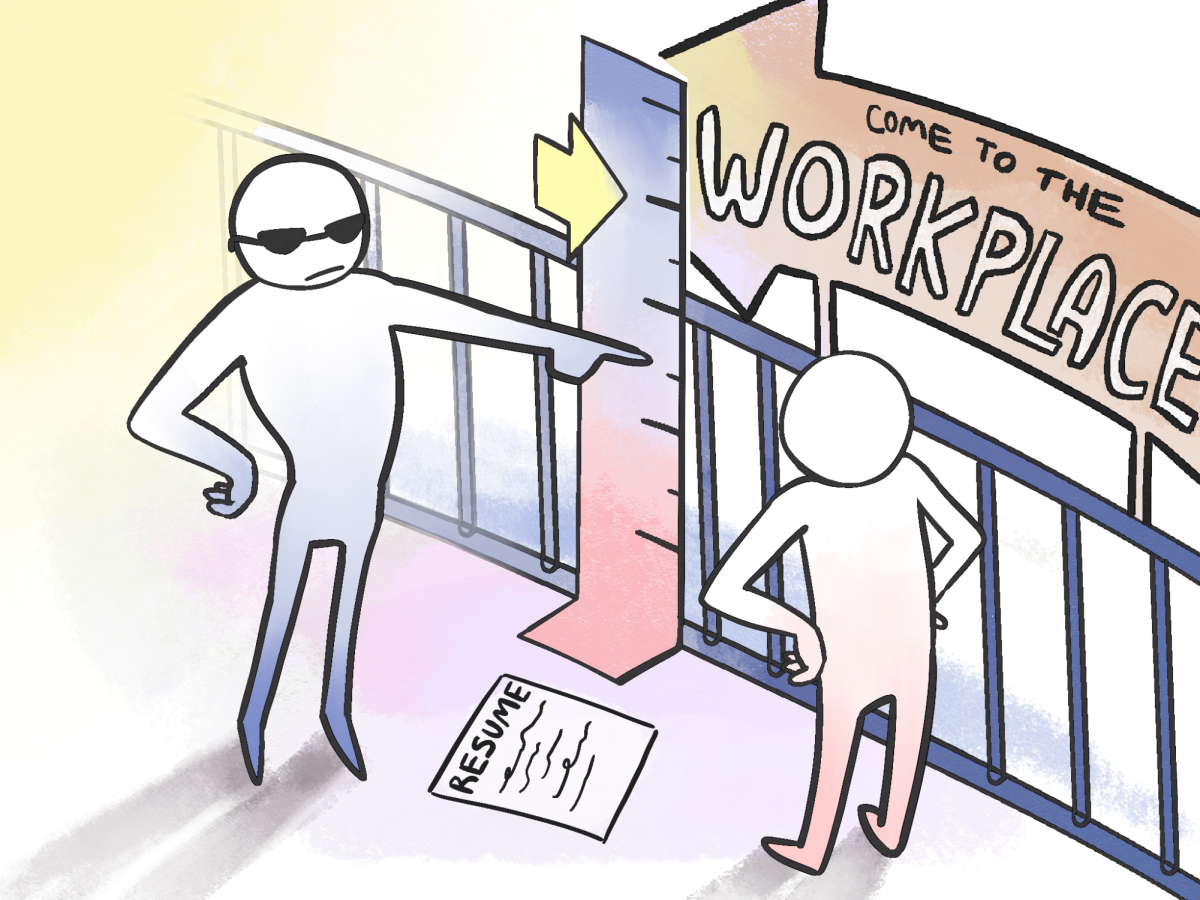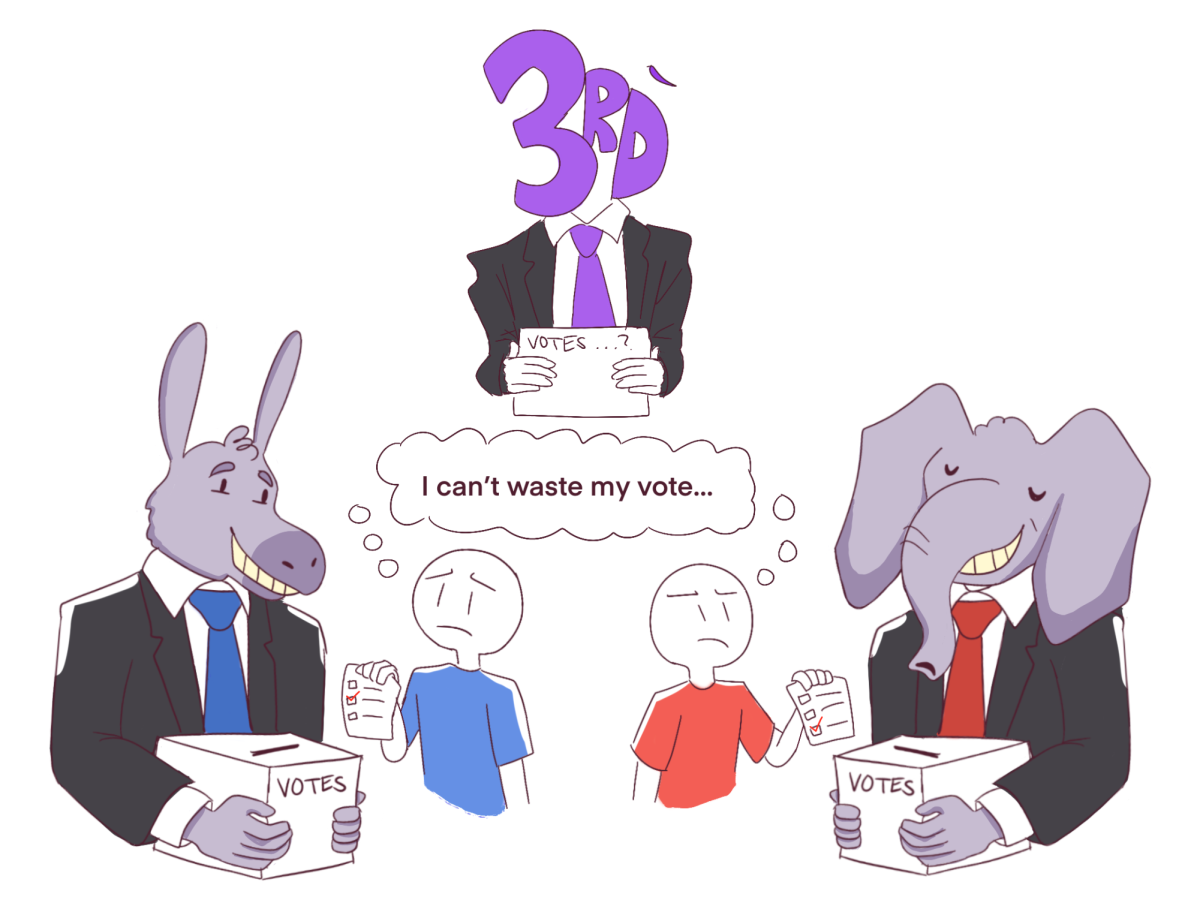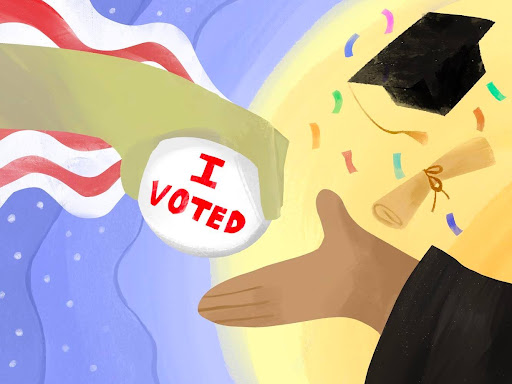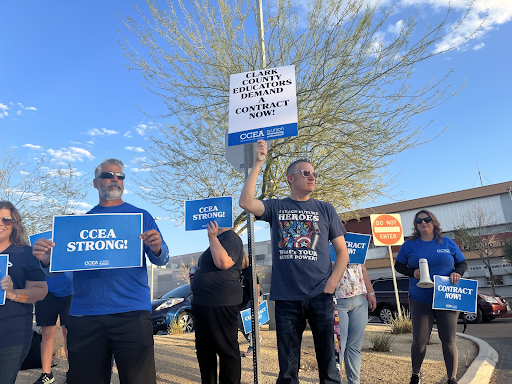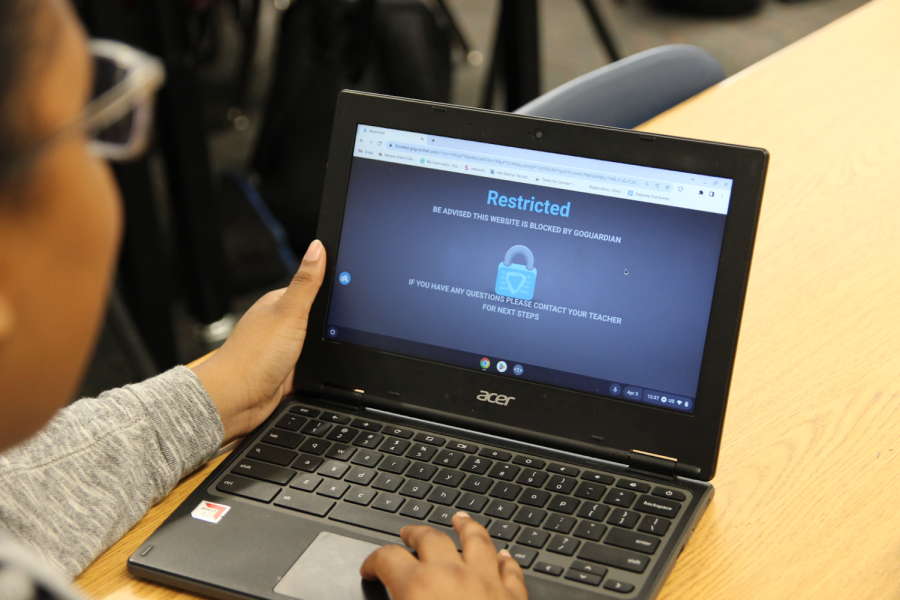The Biden Administration’s defeat on voting rights legislation has shed a spotlight on the issue in recent weeks. Though a majority of senators support the Freedom to Vote: John R. Lewis Act, the attempt to subvert Senate rules to pass the package failed, with moderates Joe Manchin and Kyrsten Sinema joining the GOP caucus in opposition. Since the bill needed 60 votes to pass, and 50 to work around that rule, the opposition won, upsetting supporters.
Though a wave of doom has been cast over many backers of election reform, the idea of a bipartisan voting rights bill is still possible. Something as ambitious as the initial Biden plan — which would have restored federal oversight of state and local election rules, cracked down on the removal of voting locations and curbed racial gerrymandering, among others — will not pass. This is deeply unfortunate, as a wave of voter suppression efforts across the nation have made such reforms deeply important. But a more moderate bill that still confronts the greatest threats to our democracy has a serious chance of becoming law, and it should be.
The gravest threat our elections face is open theft. Former President Trump’s attempt to overturn the 2020 election exposed a previously obscure aspect of American law — state legislatures are largely the people who determine which electors to send to Congress following a presidential election. The attempt to install an alternate slate of electors in states that Biden won, such as Georgia and Michigan, failed, as not enough Republicans were willing to risk the destruction of the nation for the former president. But the risk of Trump or other presidential candidates strong-arming legislatures into overturning elections looms large.
A bipartisan group of senators, including Manchin and Sinema, are in talks of introducing legislation to prevent legislatures from doing this. However, the bill won’t be as sweeping as reforms that progressives and most congressional Democrats seek. Moreover, it almost certainly won’t include provisions to handle the other threats to American democracy — partisan gerrymandering, which the rightwing Supreme Court has given a pass to, or the shutting down of voting stations, which discourages some people from voting.
Furthermore, because several GOP senators are involved, the product of the bipartisan negotiation has at least some chance of getting 10 Republican votes, enough for Senate Democrats to overcome a filibuster. Even hardcore conservatives, who are deeply skeptical of broader attempts to expand voting rights, have recognized the necessity of safeguarding our elections from potential subversion.
What isn’t nonexistent, on the other hand, is the severe likelihood that America’s constitutional loopholes open the doors to a Trump-like figure attempting to steal an election, no shaman needed. Preventing this should be a top priority for the Congress, and if enough Republicans are willing to support that, President Biden should go for it.









